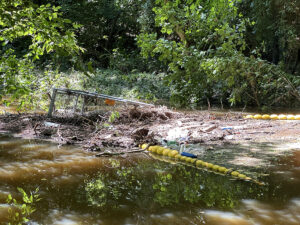News
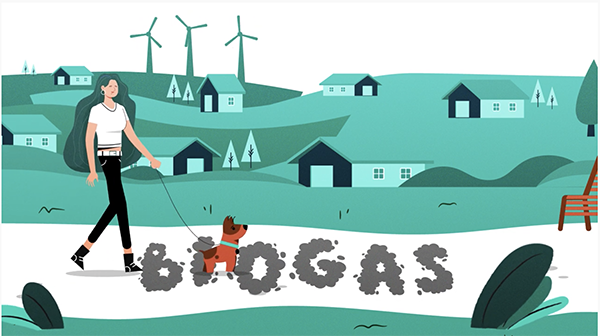
In the 2021 Farm Act, the North Carolina legislature directed North Carolina Department of Environmental Quality to develop general permits for anaerobic digesters installed at swine, wet poultry and dairy operations by July 1, 2022. Last week, DEQ issued the final general permit for swine CAFOs seeking to install anerobic digesters for biogas production.
“With the issuance of this permit, DEQ has failed once again to prioritize the concerns of the impacted community members, the environment and our waterways,” said Pamlico-Tar Riverkeeper Jill Howell. “The permit does not include robust water-quality monitoring requirements or any compliance assurance measures to ensure that this new technology installed on top of an outdated waste-management system is not polluting our communities.”
This swine biogas general permit is based off of the 2019 swine general permit that covers all hog CAFO operations, a permit that we know fails to adequately protect our communities and waterways from pollution impacts related to these facilities, Jill said.
During opportunities for public comment, Sound Rivers had requested DEQ include water-quality monitoring requirements, and exclude facilities within not only the 100-year, but 500-year floodplain from coverage under this permit.
“We also emphasized that this biogas technology relies on and further entrenches the outdated, inadequate system of waste management using lagoons and sprayfields that is currently causing harm and pollution that DEQ cannot adequately address,” Jill said. “Industry representatives have presented anaerobic digesters and biogas production as a solution for the environment and climate that also provides economic benefits, we know this is just greenwashing at its best. There are other options for both managing waste at animal agriculture operations as well as biogas production that cause less environmental harm already in use elsewhere. Industry has chosen this path forward though due to the profit possible from generating and selling biogas.”
Covering lagoons may actually increase potential for groundwater contamination, and while lagoons will be covered, secondary storage, or open lagoons remain a part of this biogas system, so the number of open-air lagoons will not decrease. Waste will also continue to be land-applied on sprayfields, so runoff from overspraying still leaves waterways vulnerable. The permit also does not address cumulative impacts of these facilities on surrounding communities, which are disproportionately people of color and low-wealth communities, nor does it address impacts from pipelines that will transport biogas from individual CAFOs to central processing facilities.
We’d like to thank everyone who took the time to write to DEQ to fight for more rigorous requirements. Your efforts are appreciated!
Related News
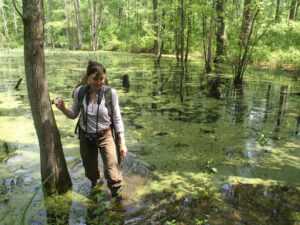
Public hearing will determine the fate of many NC wetlands
June 26th 2025
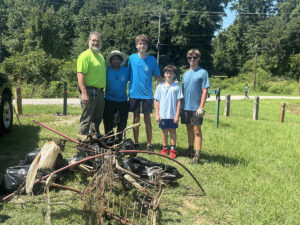
Clayton gets first official trash-trap cleanout
June 25th 2025
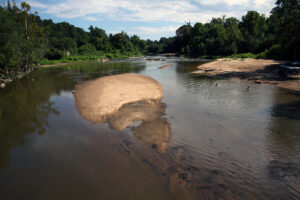
Bill passed by NC House threatens public health, environment
June 25th 2025
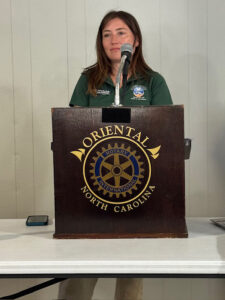
Riverkeeper talks programs with Oriental Rotary Club
June 25th 2025

Riverkeeper, intern scout Smithfield trash trap locations
June 25th 2025
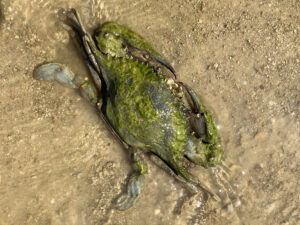
Fish kill reported on the Neuse
June 19th 2025
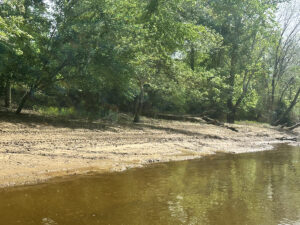
Riverkeeper meets with ATV park attorney
June 19th 2025

Riverkeeper samples scene of Rocky Mount sewer spills
June 19th 2025
